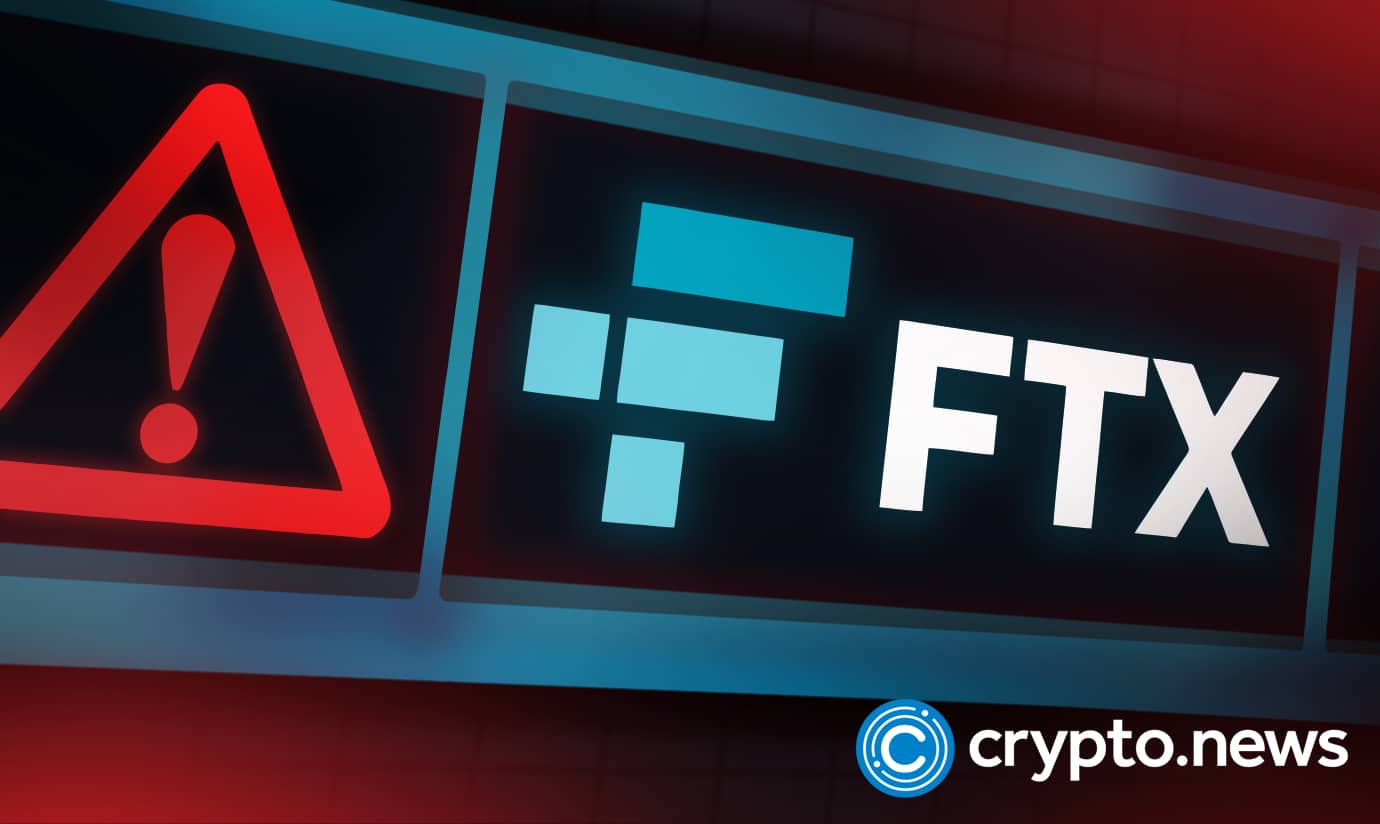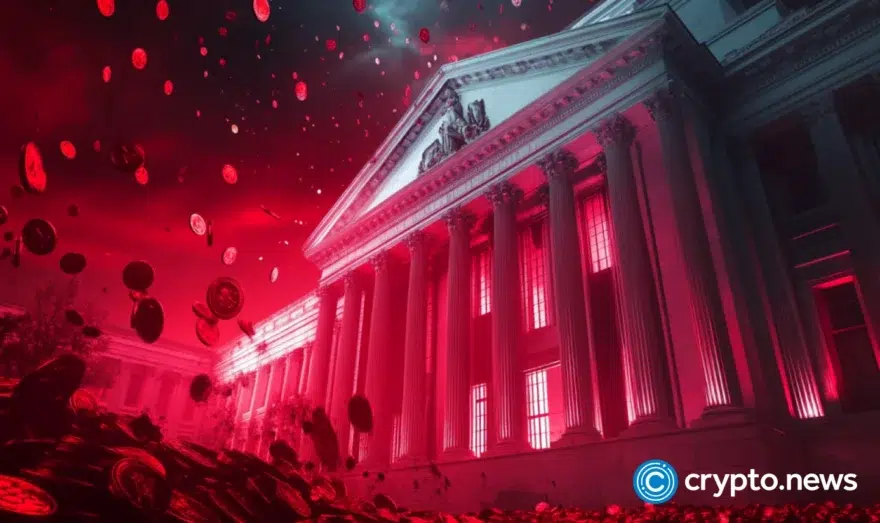Future implications of FTX’s bankruptcy filing for crypto assets

The collapse of FTX, a crypto exchange that was earlier this year valued at $32 billion and made famous by a Super Bowl commercial starring comedian Larry David, has left the crypto market in a state of shock.
Dawn of the fall of FTX
A massive surge of consumer withdrawals worth billions of dollars was sparked by worries about the financial instability at FTX. However, as more people checked out, FTX needed more money to compensate sellers; as a result, withdrawals were stopped entirely.
According to a business notice, FTX started bankruptcy proceedings in the United States on the 11th of November, as the exchange evaluated the worth of its remaining assets. The notice also stated that Sam Bankman-Fried, 30, a well-known crypto entrepreneur and the CEO of FTX, resigned on the same day. Bankman-Fried had expressed regret in the past and said he “could have done better.”
“Chapter 11’s immediate relief is appropriate to give the FTX Group a chance to examine its circumstances and design a mechanism to maximize recoveries for stakeholders.”
John J. Ray III, the newly appointed CEO, said.
On the platform, several crypto traders have claimed they cannot access their money and may never receive it back. The disaster comes during a challenging year for cryptos, as bitcoin price has decreased by more than 60% from its start of 2022 highs.
Why FTX crashed?
The collapse of FTX is partially attributable to the cryptocurrency exchange’s close ties to Alameda Research, a crypto hedge fund that Bankman-Fried also founded.
Significant worries regarding FTX first surfaced last week when it found that a sizable amount of Alameda Research’s assets are made up of FTT, a token developed by FTX that enables users of the exchange to receive reduced trading fees. The revelation caused several concerns regarding Alameda Research’s capital reserves and, consequently, FTX because FTT is a relatively illiquid market.
Alameda’s website needs to be made active, so getting a response from them was impossible.
According to David Yermack, a finance professor at New York University’s Stern School of Business, “the basic danger is if other assets at Alameda went underwater — and many crypto investments have been plunging in recent months.”
Then they may have yet to be able to refund money to the exchange.
The CEO of crypto exchange Binance, Changpeng Zhao, declared on Sunday that he would sell the firm’s $580 million worth of FTT in retaliation to the report.
Binance were putting a significant strain on FTX to handle the rapid demand for withdrawals after the crypto heavyweight caused a broader selloff that totaled nearly $5 billion in a single day.
There were speculations that FTX’s reserves were virtually insufficient to meet client demand, similar to a bank run, according to Yermack.
“People started lining up in great numbers to try to take money from the exchange and make deposits.”
Yermack added.
FTX stopped letting customers withdraw money due to a lack of funds. Last week, FTX agreed to an acquisition with Binance, the cryptocurrency exchange whose executive had contributed to the massive selloff. But the following day, Binance backed out of the agreement, putting FTX in need of a capital infusion.
What comes next for FTX?
Sam Bankman-Fried stated he is attempting to raise cash from various financial institutions to alleviate the capital gap. “Doing the right thing for users is, by far, my top concern,” he declared.
In the end, FTX has two options for escaping the issue, according to Yermack of New York University. As it did in its bid to merge with Binance, FTX could first try to sell itself to another company.
This hypothetical situation is comparable to Bear Stearns’ demise during the 2008 financial crisis, when the investment bank was acquired by JPMorgan Chase for the pitiful sum of $2 per share, according to Yermack. Mainly because of the general difficulties in crypto business, he noted that FTX is so distressed in this instance that it would probably have to pay a company to take on its balance sheet because of the general difficulties in the crypto business.
FTX also has the choice to sell off its assets and declare bankruptcy. The business disclosed on Friday that it had started Chapter 11 bankruptcy proceedings in the United States.
In this scenario, crypto traders who cannot withdraw money from FTX risk losing their money.
What this signifies for the future of cryptos?
The demise of FTX serves as a warning to investors and dealers in cryptos.
The SEC’s Gensler cautioned investors via a recent CNBC interview that for companies in the sector trying to escape regulatory punishment, ‘the runway is running short.’
The difficulties at FTX could lead to a regulatory crackdown, according to Cornell University professor and author Eswar Prasad of “The Future of Money: How the Digital Revolution is Transforming Currencies and Finance.”
“This episode and a few others that came before it will inevitably heighten authorities’ scepticism about this developing ecosystem. Their urge to remove the conventional banking system from this rapidly developing ecosystem will grow.”
Prasad said.
The sector may recover as it has in the past during downturns, according to Yermack, who noted that turmoil is nothing new for crypto.
This region has historically seen tremendously high volatility, he noted.
“I can name five or six drops in crypto asset prices, and they’ve all been followed by big recoveries.”
Yermack said.
That is not to imply that it will occur again, he said.
“No one can predict what the future holds.”
He added.











